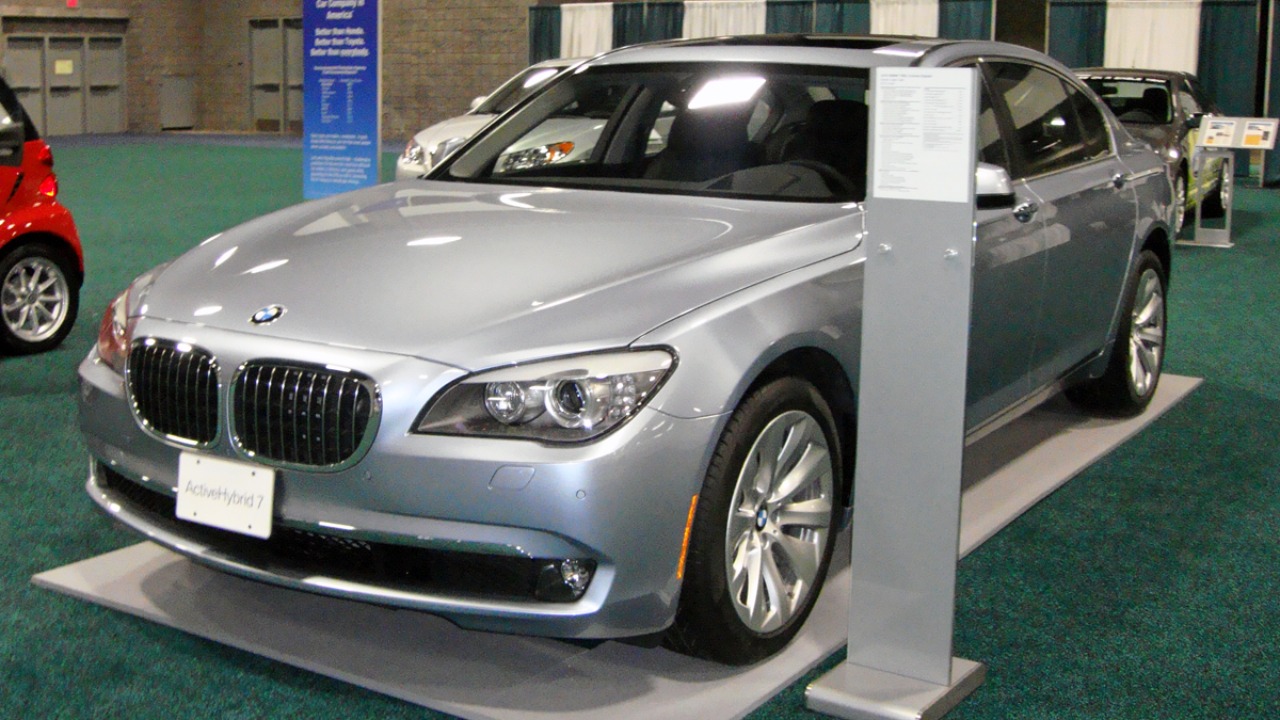
As hybrid vehicles become increasingly popular, potential buyers must weigh several factors before making a purchase. From upfront costs to long-term benefits, understanding these elements can help you make an informed decision. Here are 13 key considerations to keep in mind when evaluating a hybrid vehicle.
Upfront Purchase Cost
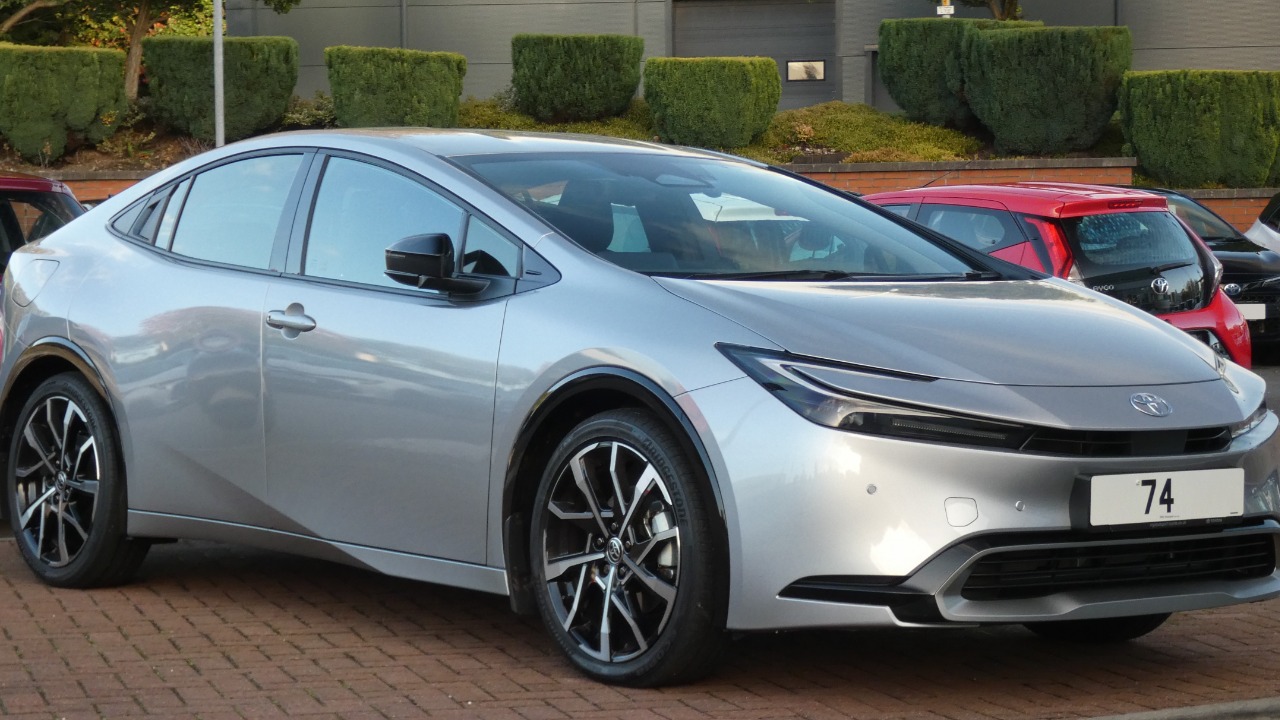
One of the primary considerations when buying a hybrid vehicle is the initial purchase cost. Hybrids typically have a higher sticker price compared to traditional gasoline-powered cars. This is due to the advanced technology and components, such as the electric motor and battery systems, that are integral to their design. According to a recent guide, understanding these costs upfront can help you budget effectively and determine if the long-term savings justify the initial investment.
Additionally, the cost of a hybrid vehicle can vary significantly based on the make and model. Luxury hybrid models, for instance, can command even higher prices due to premium features and brand reputation. However, government incentives and tax credits can sometimes offset these costs, making hybrids more accessible to a broader range of consumers. It’s important to research available incentives in your area, as they can change frequently and may significantly impact the overall cost of purchasing a hybrid vehicle.
Long-Term Fuel Efficiency Gains
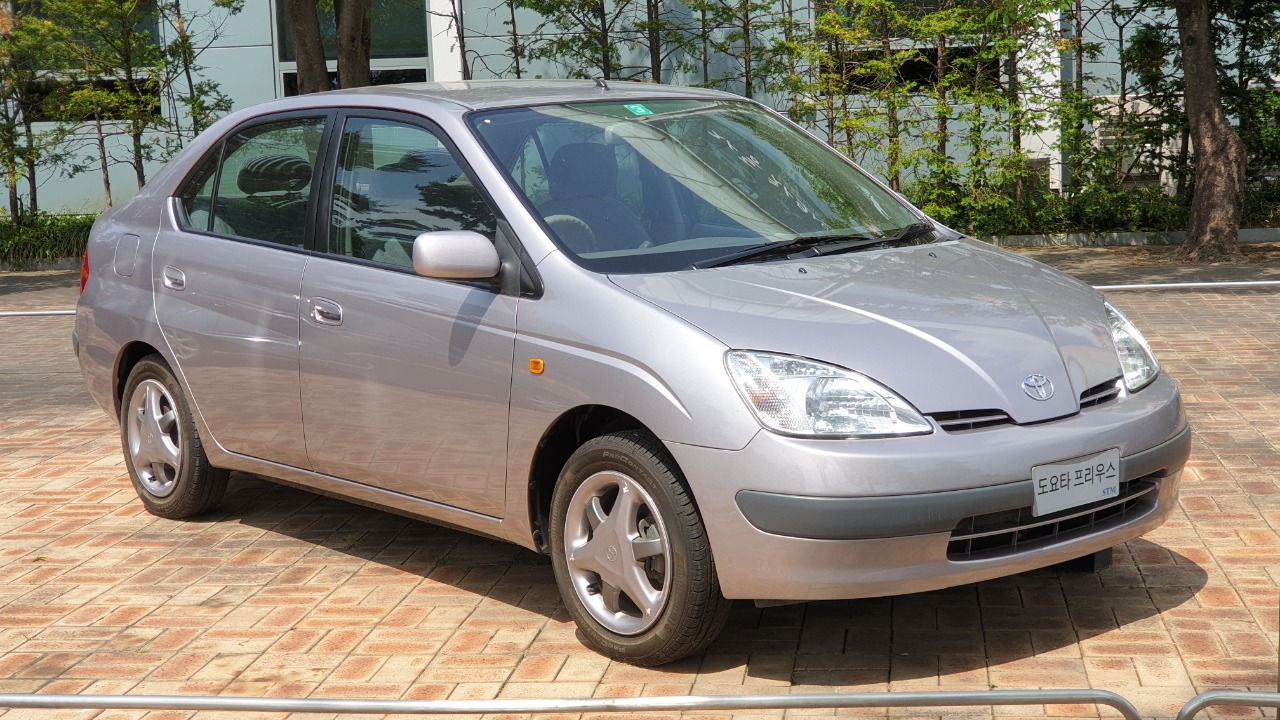
While hybrids may cost more initially, they often offer significant savings on fuel over time. The fuel efficiency of hybrids can lead to lower gas expenses, making them an attractive option for those looking to reduce their carbon footprint and save money at the pump. A report published on October 7, 2025, highlights the importance of evaluating these potential savings when considering a hybrid vehicle (source).
Moreover, hybrids often excel in urban environments where stop-and-go traffic allows them to maximize their fuel efficiency through regenerative braking. This process captures energy typically lost during braking and uses it to recharge the battery, further enhancing fuel savings. Over the lifespan of the vehicle, these efficiencies can lead to substantial savings, particularly as fuel prices fluctuate. Prospective buyers should consider their typical driving conditions to estimate potential fuel savings accurately.
Consumer Market Interest Levels
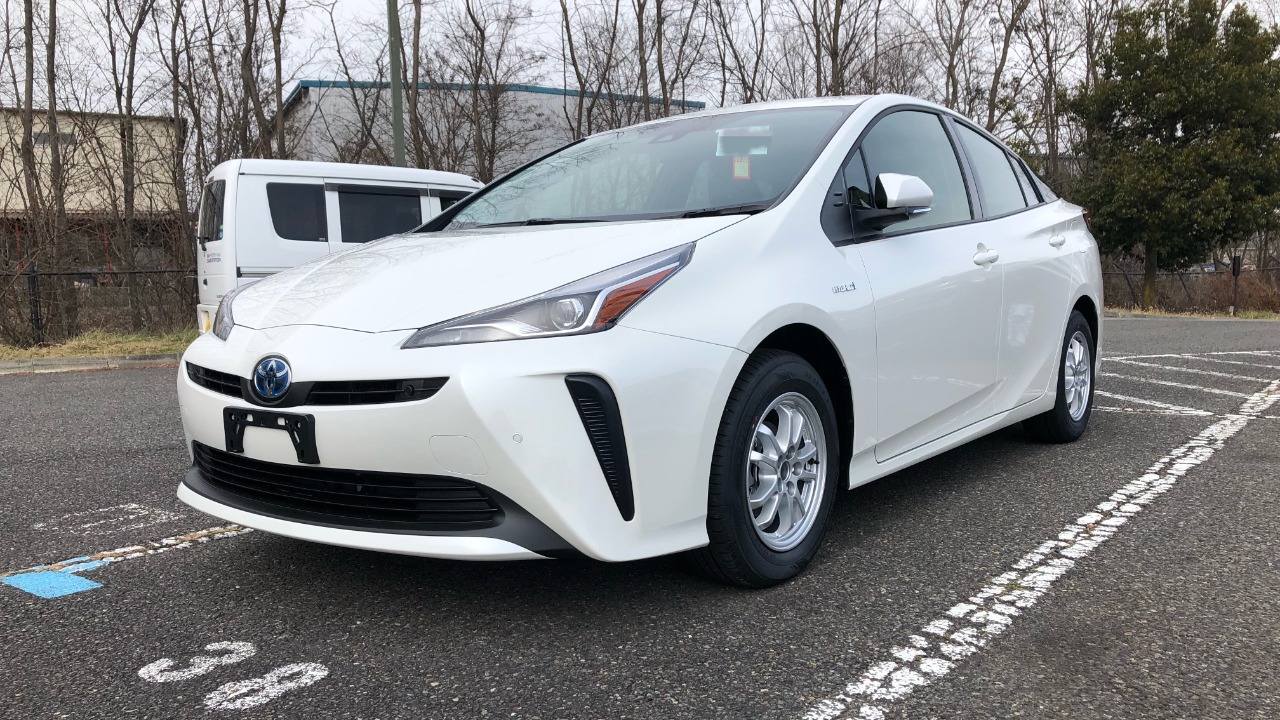
Consumer interest in hybrid and electric vehicles is on the rise. According to a Pew Research study, about 3 in 10 Americans would seriously consider buying an electric vehicle. This growing interest reflects a broader shift towards more sustainable transportation options, which can influence the availability and development of hybrid models.
This interest is not only driven by environmental concerns but also by advancements in hybrid technology that make these vehicles more appealing. Features such as improved battery life, enhanced performance, and increased availability of charging infrastructure contribute to the growing consumer interest. Automakers are responding to this demand by expanding their hybrid offerings, which is likely to continue as technology advances and consumer preferences evolve.
Risks of Older Models
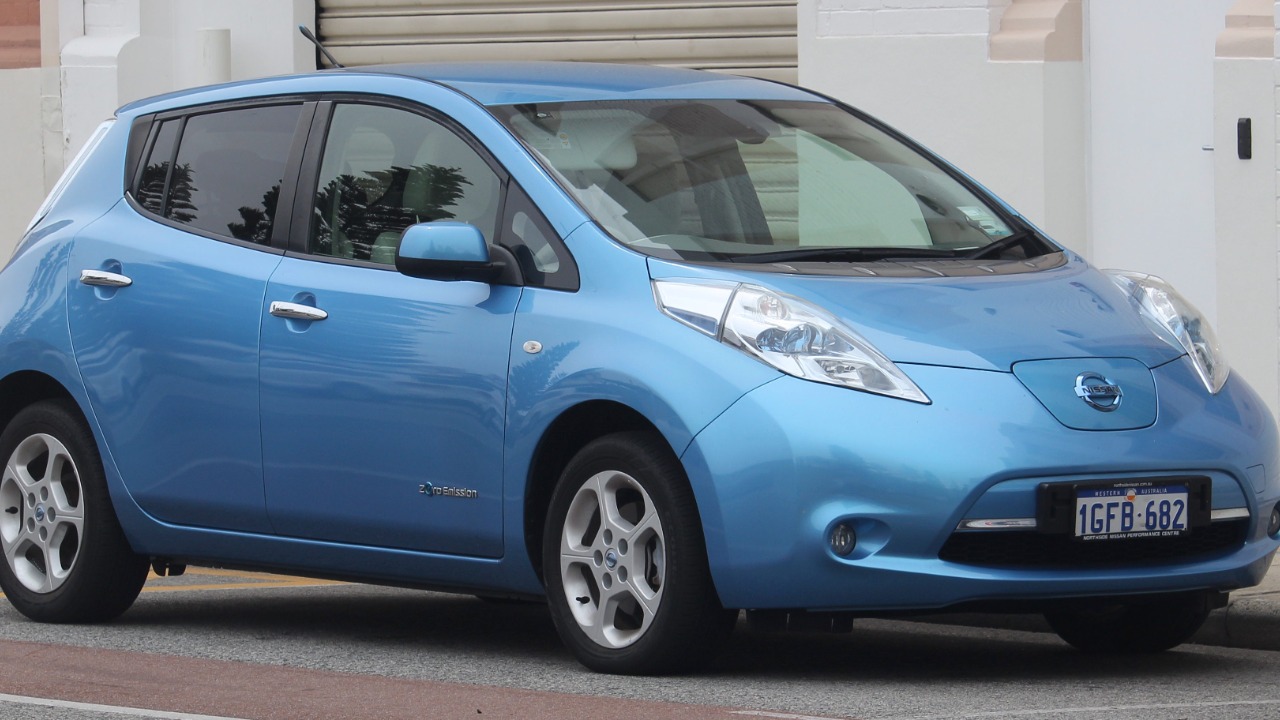
When considering a used hybrid vehicle, it’s crucial to be aware of the potential risks associated with older models. A report from February 7, 2025, advises caution when purchasing a 10-year-old hybrid vehicle due to potential issues with aging components (source). These issues can lead to unexpected repair costs and reduced reliability.
In addition to potential mechanical issues, older hybrid models may lack the technological advancements found in newer vehicles, such as enhanced safety features and improved fuel efficiency. Buyers should also consider the availability of replacement parts, as some components may become scarce or more expensive over time. Conducting a thorough inspection and obtaining a detailed vehicle history report can help mitigate these risks when purchasing a used hybrid.
Battery Longevity in Aged Hybrids

The longevity of a hybrid vehicle’s battery is a critical factor, especially in older models. As batteries age, their capacity and efficiency can diminish, leading to decreased performance and the need for costly replacements. The same February 2025 report emphasizes the importance of understanding battery degradation and the potential need for replacements in vehicles around 10 years old (source).
It’s also worth noting that battery replacement costs can vary widely depending on the vehicle model and battery type. Some manufacturers offer refurbished batteries as a cost-effective alternative to new ones, but these may come with shorter warranties. Prospective buyers should inquire about the battery’s condition and any available warranty or replacement options to avoid unexpected expenses.
Plug-in Hybrid Specifics
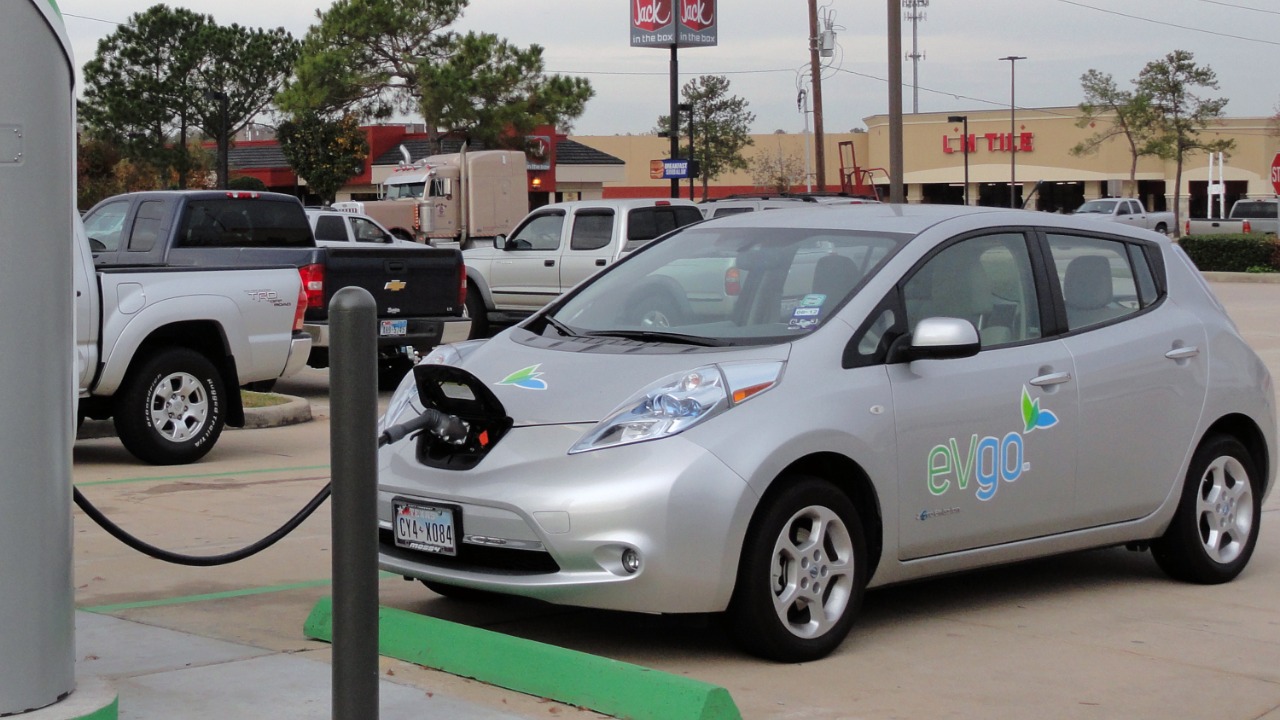
For those considering a plug-in hybrid, it’s essential to understand the differences from standard hybrids. A 2023 report outlines key aspects of plug-in hybrids, such as the ability to charge the battery via an external power source, which can offer greater flexibility and efficiency. This knowledge can help you decide if a plug-in hybrid aligns with your driving habits and charging capabilities.
Plug-in hybrids also offer the advantage of potentially lower running costs, as they can operate on electric power alone for short distances. This can significantly reduce fuel consumption for daily commutes or short trips. However, the availability of charging stations and the convenience of home charging should be considered to maximize the benefits of a plug-in hybrid. Understanding the charging infrastructure in your area can help determine if a plug-in hybrid is a practical choice.
Electric-Only Range Limitations
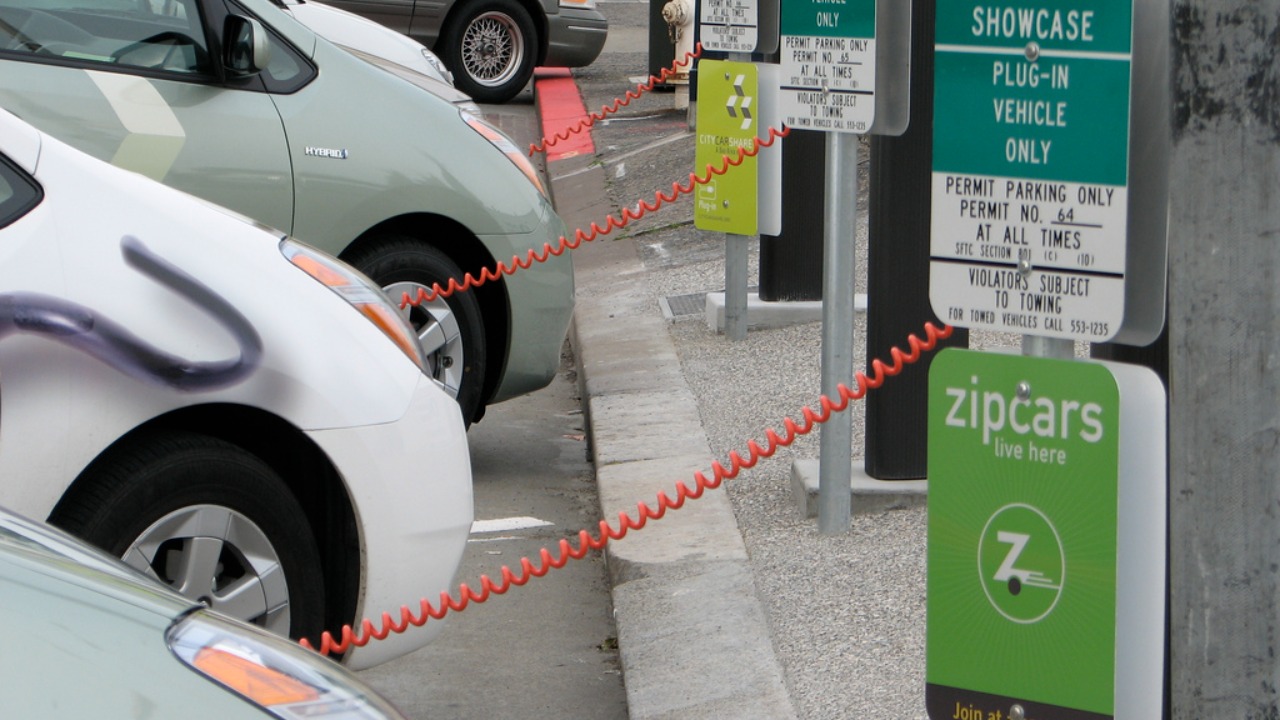
One of the considerations for plug-in hybrids is their electric-only range. This range determines how far the vehicle can travel on electric power alone before needing to switch to the gasoline engine. The 2023 report also highlights the importance of understanding these limitations to ensure the vehicle meets your daily driving needs (source).
Furthermore, the electric-only range can vary significantly between different plug-in hybrid models. Some may offer as little as 20 miles on electric power, while others can exceed 50 miles. This range is crucial for those who wish to minimize gasoline use, especially in urban settings where short trips are common. Evaluating your typical driving patterns can help determine the necessary electric range for your needs.
Advantages of Used Hybrids
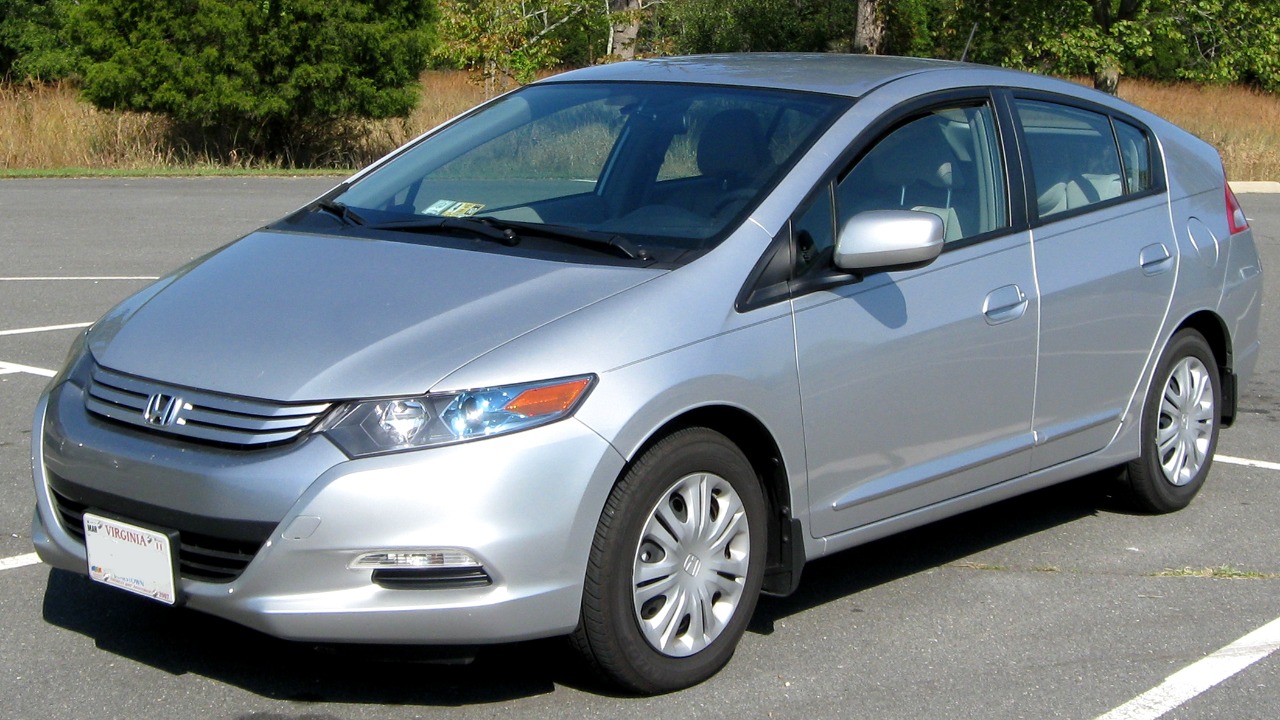
Buying a used hybrid can offer several advantages, including lower purchase prices and proven reliability. A June 2025 analysis discusses these benefits, noting that used hybrids can be a cost-effective option for those looking to enter the hybrid market without the higher costs of a new vehicle.
Used hybrids also tend to depreciate more slowly than their gasoline counterparts, which can be advantageous for resale value. Additionally, many used hybrids have a proven track record of reliability, as hybrid technology has matured over the years. Buyers can benefit from the experiences of previous owners, who have often addressed any initial issues, making used hybrids a potentially reliable choice.
Drawbacks of Used Hybrids
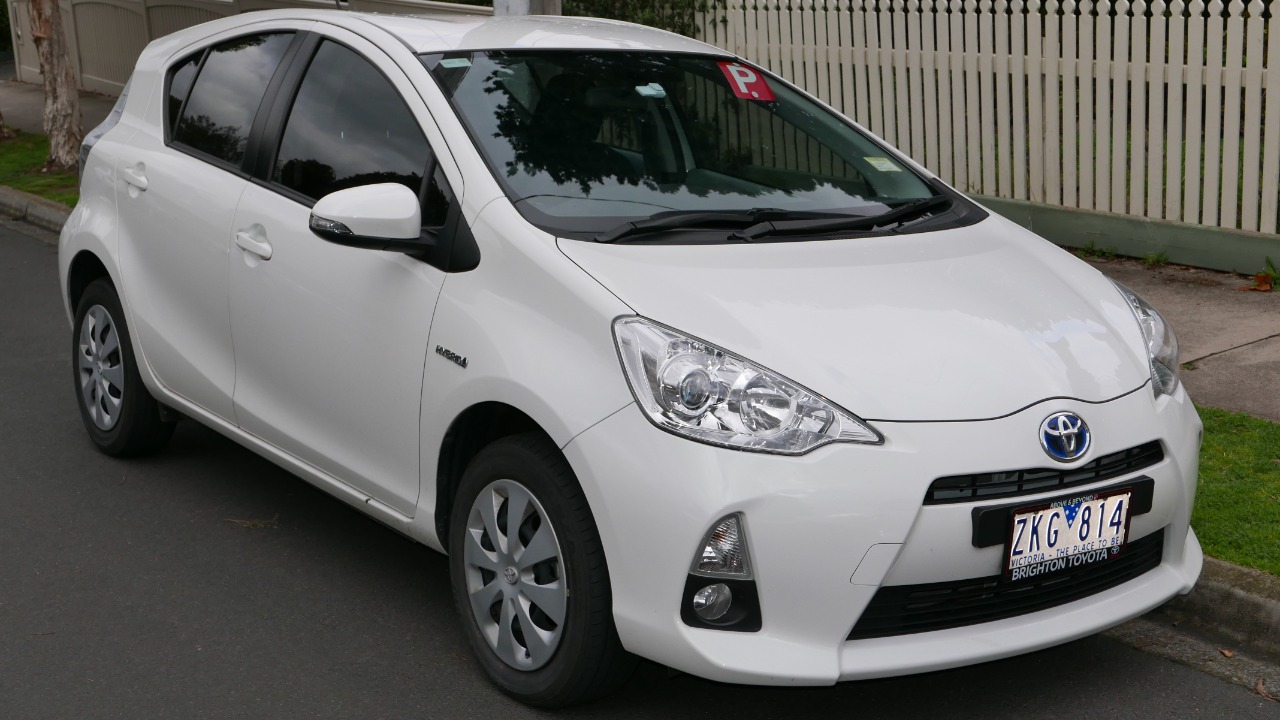
However, there are also drawbacks to consider when purchasing a used hybrid. Potential issues include battery wear and the lack of warranty coverage, which can lead to unexpected expenses. The same June 2025 analysis advises buyers to weigh these potential downsides against the benefits to make an informed decision (source).
Another consideration is the potential for outdated technology in older models, which may lack the latest advancements in fuel efficiency and connectivity features. Buyers should weigh these factors against the lower purchase price and consider whether the technology meets their needs. It’s also advisable to have a trusted mechanic inspect the vehicle to identify any hidden issues that could lead to costly repairs.
Ongoing Maintenance Requirements

Maintenance and warranty considerations are crucial when owning a hybrid vehicle. Regular servicing is necessary to keep the vehicle running efficiently, and understanding the warranty coverage can help manage potential repair costs. A recent guide emphasizes the importance of these factors in maintaining the longevity and performance of your hybrid vehicle.
Hybrid vehicles may also require specialized maintenance due to their unique components, such as the battery and electric motor. Finding a qualified mechanic familiar with hybrid systems is essential to ensure proper servicing. Additionally, understanding the warranty coverage for hybrid-specific parts can provide peace of mind and help manage potential repair costs over the vehicle’s lifespan.
Environmental and Performance Trade-offs
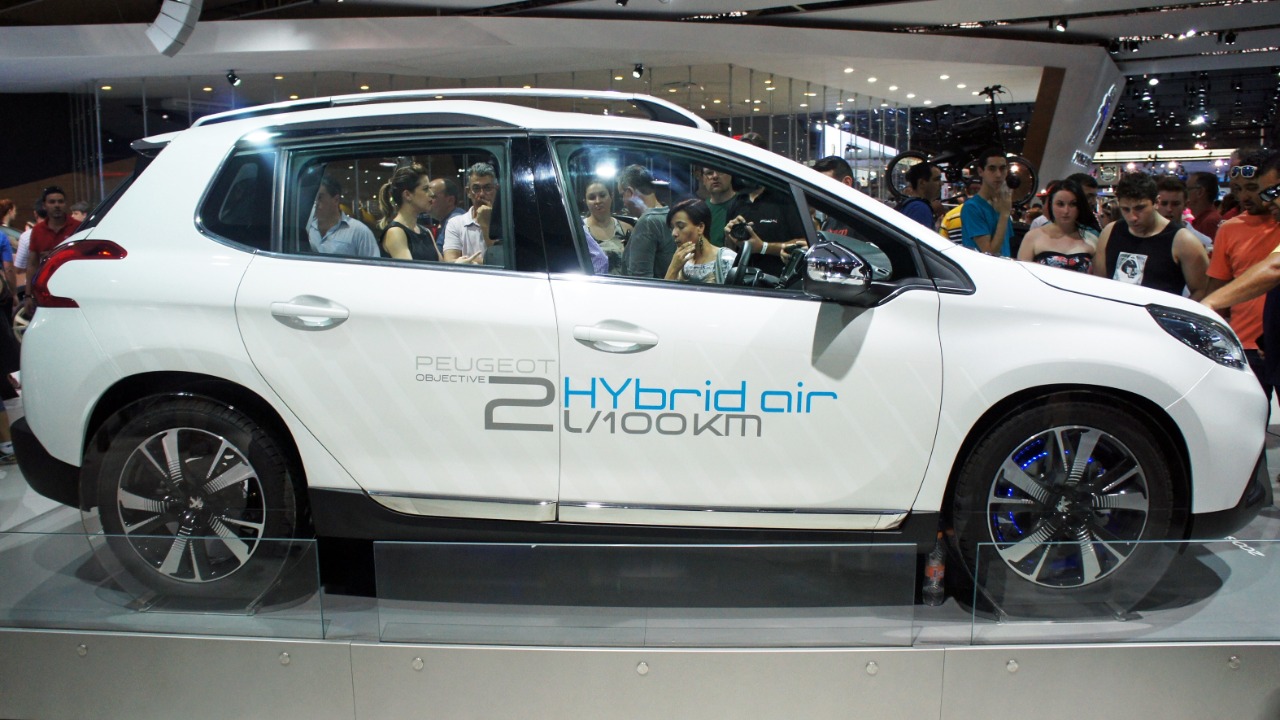
Hybrids offer environmental benefits by reducing emissions and fuel consumption, but there are trade-offs in terms of performance. The 2023 report highlights these aspects, noting that while hybrids are generally more eco-friendly, they may not match the performance of traditional vehicles in terms of acceleration and handling.
While hybrids are generally more environmentally friendly, they may not offer the same driving dynamics as traditional vehicles. Some drivers may notice differences in handling or acceleration due to the added weight of the battery and electric motor. However, advancements in hybrid technology continue to narrow this gap, offering improved performance without sacrificing environmental benefits.
Resale Value Potential
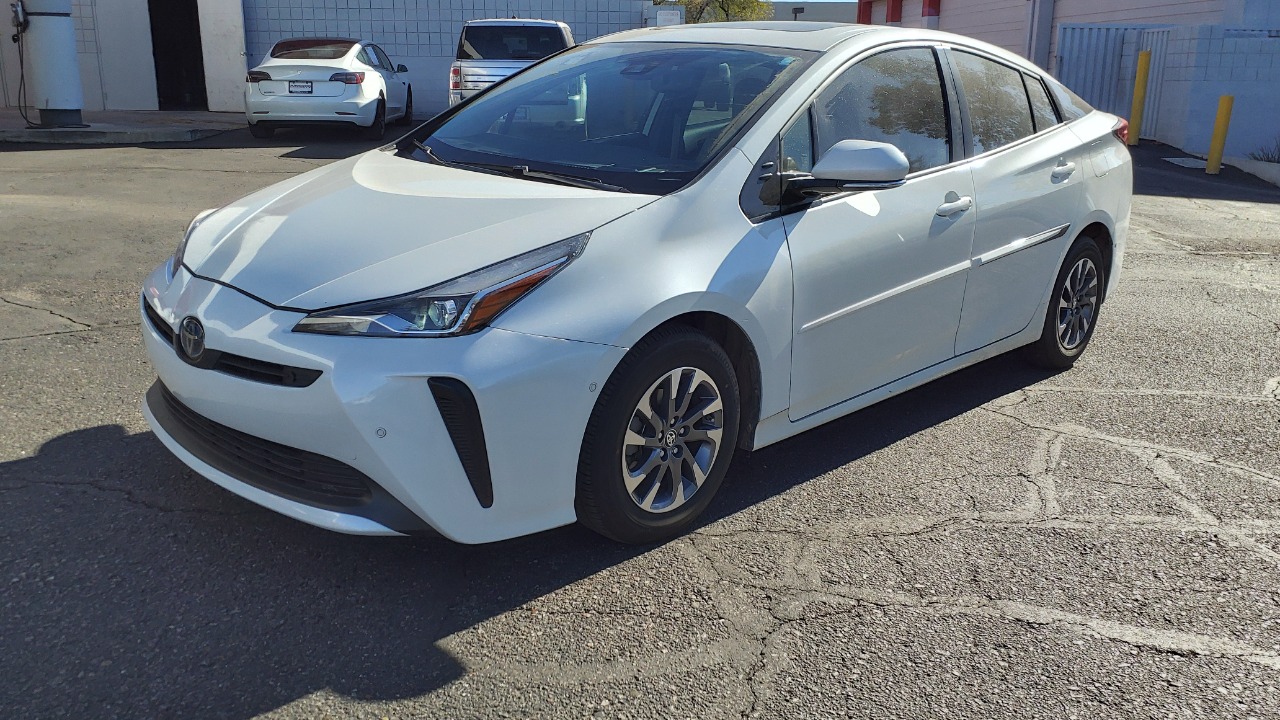
Resale value is an important consideration for hybrid vehicle owners. The potential for a higher resale value can offset some of the initial purchase costs. According to the June 2025 analysis, understanding the resale market for hybrids can help you make a financially sound decision when buying or selling a hybrid vehicle (source).
Factors such as brand reputation, model popularity, and overall condition can significantly influence a hybrid’s resale value. Additionally, as more consumers become interested in sustainable transportation, the demand for used hybrids may increase, potentially boosting their resale value. Understanding these market dynamics can help owners make informed decisions about when to sell their hybrid vehicle.
Broader Adoption Trends
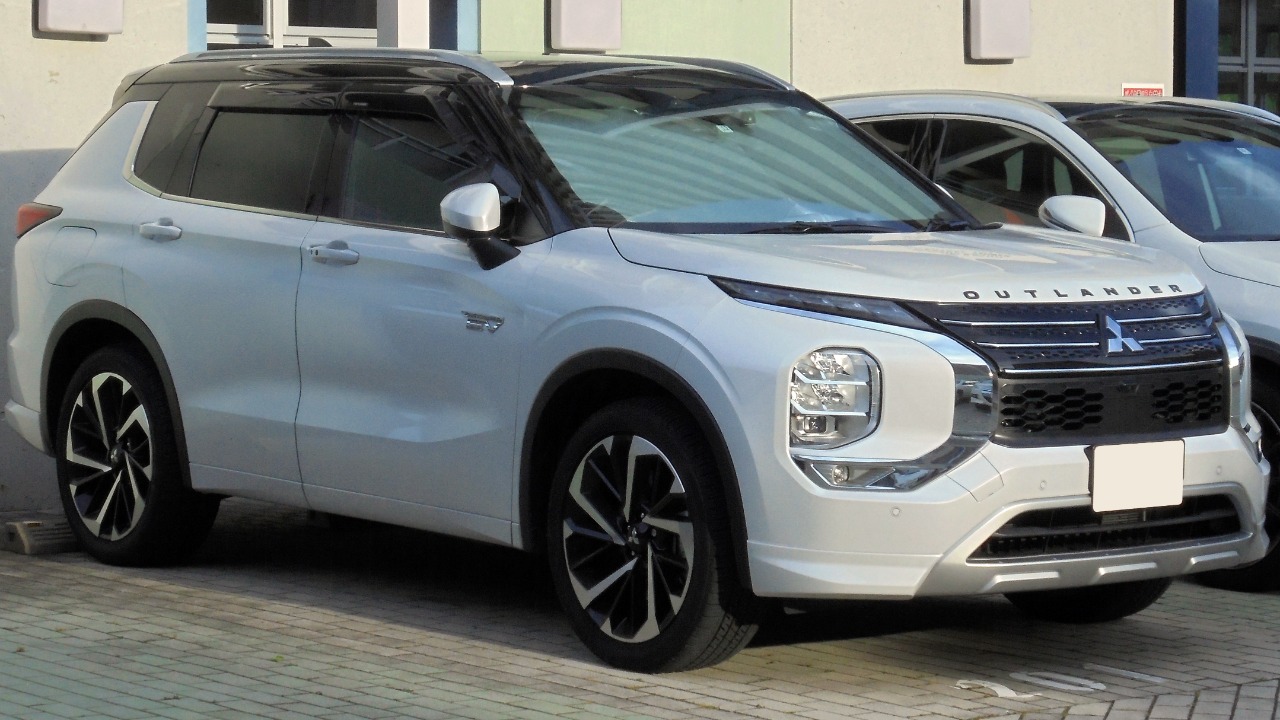
The broader market trends towards electric and hybrid vehicles can influence your decision to purchase a hybrid. With about 3 in 10 Americans considering an electric vehicle, as reported by Pew Research, the growing adoption of these vehicles suggests a shift in consumer preferences that could impact the availability and development of hybrid models.
The increasing availability of hybrid models across various segments, from compact cars to SUVs, reflects the broader adoption trend. This expansion allows consumers to choose hybrids that fit their lifestyle and preferences, further driving market growth. As infrastructure and technology continue to improve, the adoption of hybrid vehicles is expected to accelerate, making them a more common choice among consumers.